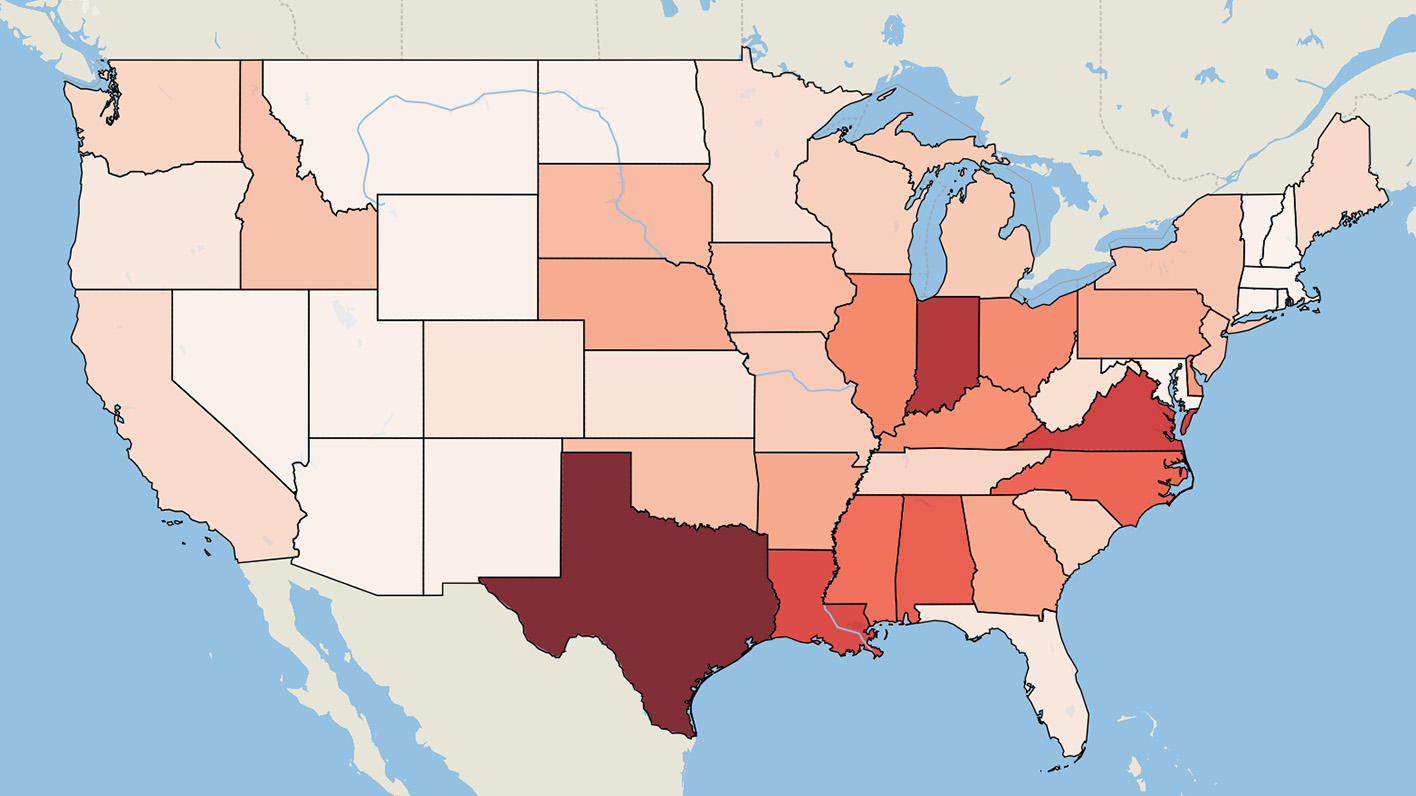
Testimony: Maryland Safe Cosmetics Act
Most people are surprised to learn that companies are allowed to use nearly any chemical they want as an ingredient in the personal care products they make. Just as alarming is the fact that the government doesn’t test those chemicals for safety or require any pre-market approval.
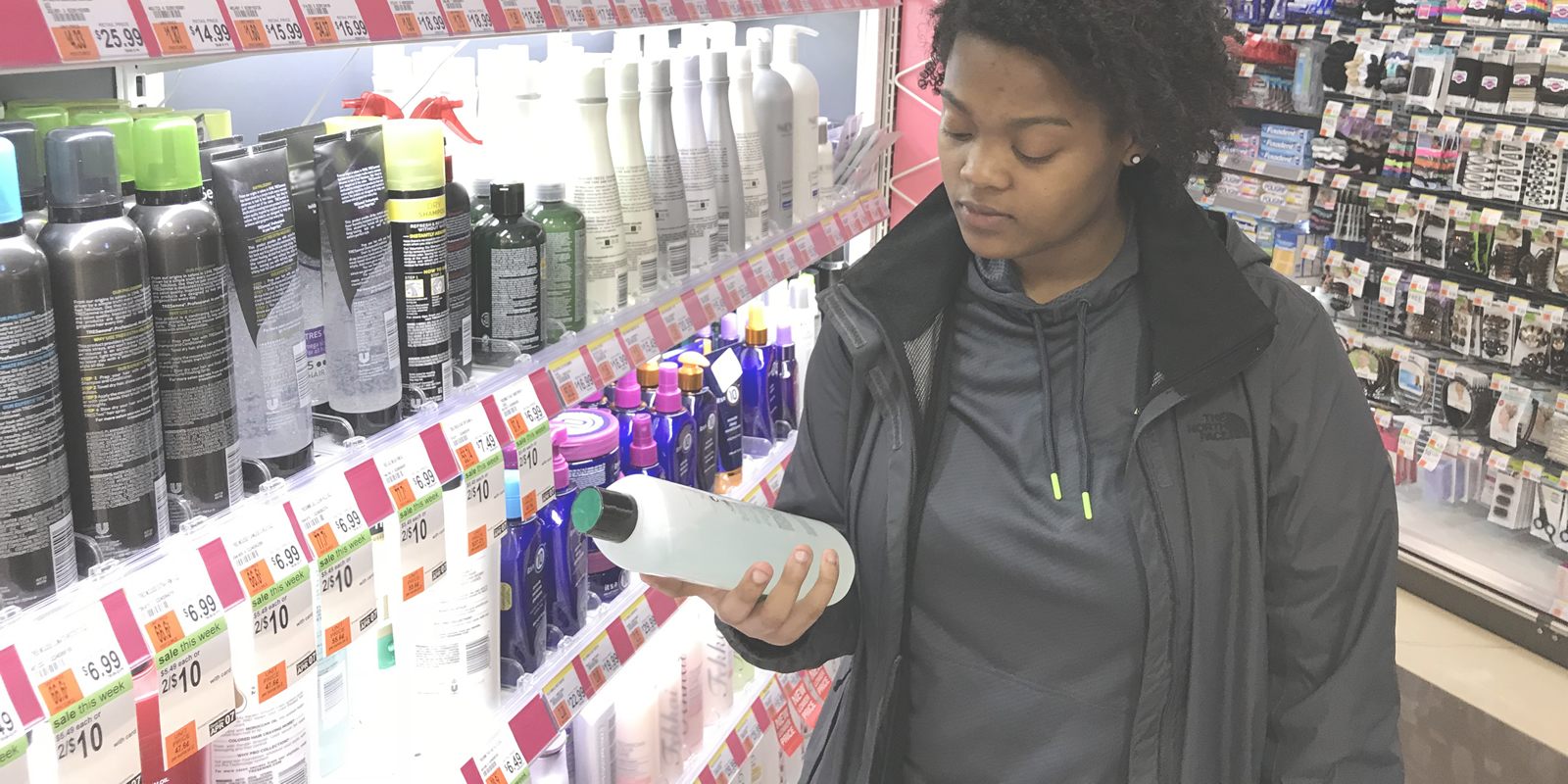
Today we testified in support of a bill to restrict toxic chemicals in personal care products. HB643 is sponsored by Delegate Julie Palacovich-Carr and is modelled on a law passed in California in 2020.
Maryland PIRG joined dozens of other state and naitonal groups backing the bill and also provided testimony for the hearing and a letter of support, which you can read below.
Most people are surprised to learn that companies are allowed to use nearly any chemical they want as an ingredient in the personal care products they make. Just as alarming is the fact that the government doesn’t test those chemicals for safety or require any pre-market approval.
HB643: Public Health – Cosmetic Products – Ingredient Prohibition
Health and Government Operations
February 16th, 2021
FAVORABLE
Maryland PIRG is a state based, non-partisan, citizen funded public interest advocacy organization with grassroots members across the state.
Maryland PIRG supports HB643, to reduce exposure to toxic chemicals in cosmetics, including mercury, formaldehyde, parabens, and certain phthalates, cannot be sold in Maryland. We want to thank Delegate Palacovich-Carr for introducing this legislation.
Most people are surprised to learn that companies are allowed to use nearly any chemical they want as an ingredient in the personal care products they make. Just as alarming is the fact that the government doesn’t test those chemicals for safety or require any pre-market approval.
So, when most of us shampoo our hair, wash our hands, protect our skin from the sun, lotion our babies, or get ready for a night on the town, we’re unknowingly dousing our bodies with dozens of toxic chemicals that have been linked to serious health problems. The average woman uses 12 products containing 168 unique ingredients every day. Men, on the other hand, use 6 products daily with 85 unique ingredients, on average. Personal care products are of particular concern because we put them directly on our skin. This means chemicals in these products can be absorbed or inhaled. Like a lot of toxic chemical exposure, children are at increased risk due to the greater body burden and likelihood of ingestion (I am yet to convince my own kids not to drink bath water).
Maryland PIRG has been working for nearly a decade to move major brands away from using toxic chemicals in cosmetics, helping convince Johnson & Johnson to phase out formaldehyde releasing chemicals from their baby shampoo and P&G to phase out toxic triclosan, but like many things there are laggards in the market.
Some toxic chemicals you can see right on the label, others are hidden and can only be found with testing. A few years ago, in order to educate consumers, I went into a Walgreens store in East Baltimore and looked at dozens of labels for formaldehyde releasing agents like QUATERNIUM–15, which is covered by this bill. They weren’t hard to find – in bubble baths, moisturizers, and curl enhancers, the chemicals were everywhere.
In 2020, California passed a similar law to this, backed by CalPIRG, which goes into effect January 1, 2025. The final bill did not have any opposition and passed unanimously. Supply chains will adapt, and Marylanders deserve the same protections.
All of the chemicals listed in this bill have known harmful health effects. For example:
Dibutyl phthalate (DBP) and Diethylhexyl phthalate (DEHP) are linked to reproductive toxicity and yet are often added to products such as nail polish and eyelash adhesives.
Formaldehyde and formaldehyde releasing chemicals are linked to cancer, asthma and other respiratory illnesses, and yet are often added to hair products as a preservative.
Because their harmful health effects are well documented, all of the chemicals listed in HB643 are either banned or heavily restricted in other countries. Furthermore, when alternative ingredients are used, we believe the alternatives are better for public health.
As mentioned above, federal and state laws do not require regulators to ensure that these products are safe, and manufacturers do not have to share any safety information with government entities. As the federal Food and Drug Administration stated in a March 5, 2019 press release, “Right now, when it comes to cosmetics, companies and individuals who market these products in the U.S. hold the responsibility for the safety and labeling of their products…To be clear, there are currently no legal requirements for any cosmetic manufacturer marketing products to American consumers to test their products for safety.”
More than 40 other nations have taken action to protect their citizens from harmful cosmetics. The European Union and the Association of Southeast Asian Nations have set standards for cosmetics sold in their member nations and as such, prohibit or greatly restrict the use of nearly 1,400 chemicals in cosmetics. Canada, Japan, and Australia have also followed suit and have banned or restricted numerous chemicals from being used in cosmetics. Major retailers, even, have recognized the problem and have developed their own lists of chemicals that manufacturers may not include, or must limit, in the retailers’ store brand cosmetic products.
We respectfully request a favorable report.
Scarr, Maryland PIRG Director, [email protected]
Topics
Authors
Emily Scarr
State Director, Maryland PIRG; Director, Stop Toxic PFAS Campaign, PIRG
Emily directs strategy, organizational development, research, communications and legislative advocacy for Maryland PIRG. Emily has helped win small donor public financing in Baltimore City, Baltimore County, Howard County, Montgomery County, and Prince George's County. She has played a key role in establishing new state laws to to protect public health by restricting the use of antibiotics on Maryland farms, require testing for lead in school drinking water and restrict the use of toxic flame retardant and PFAS chemicals. Emily also serves on the Executive Committees of the Maryland Fair Elections Coalition and the Maryland Campaign to Keep Antibiotics Working. Emily lives in Baltimore City with her husband, kids, and dog.
Find Out More
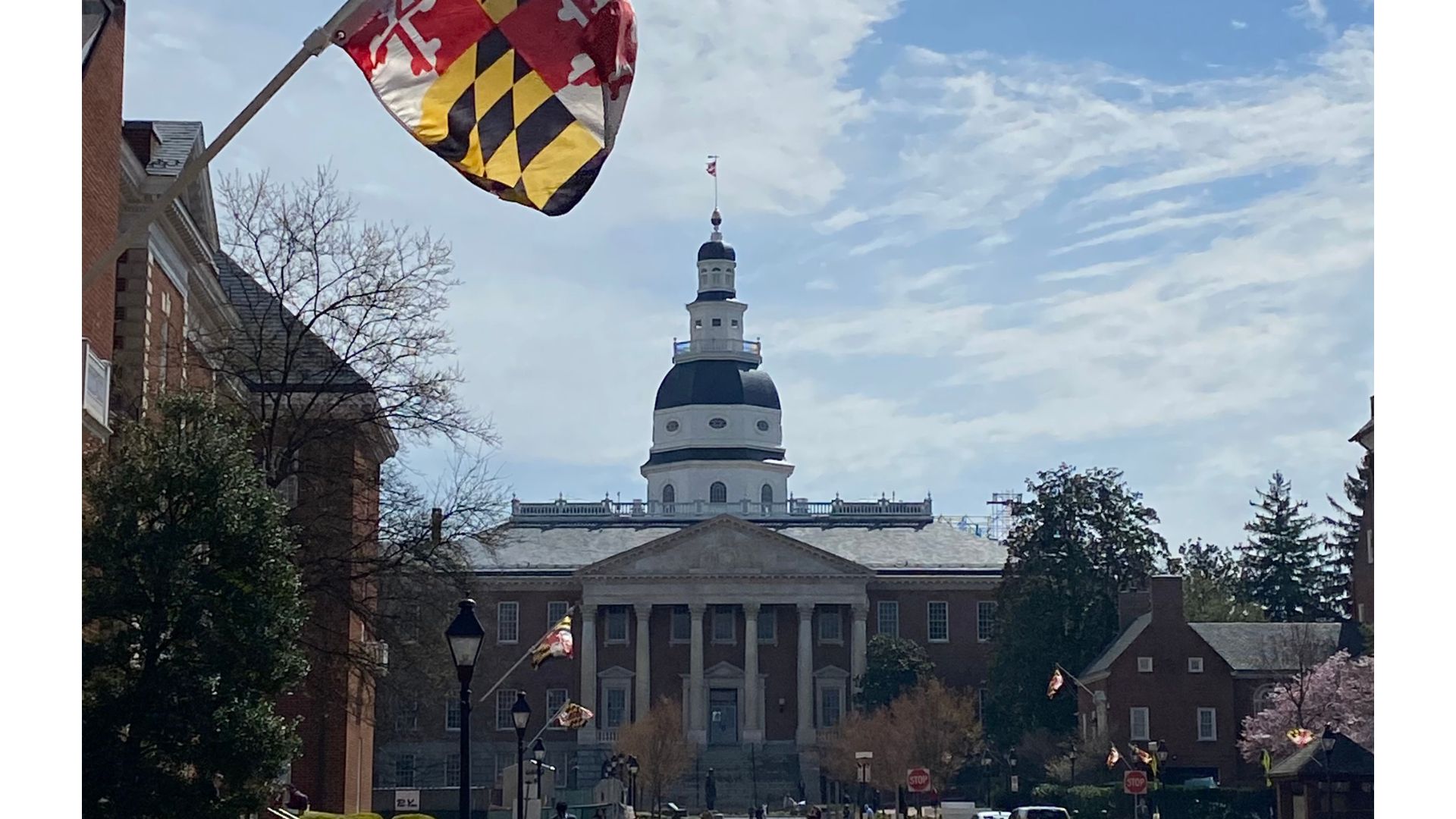
2024 Legislative Agenda and Priorities
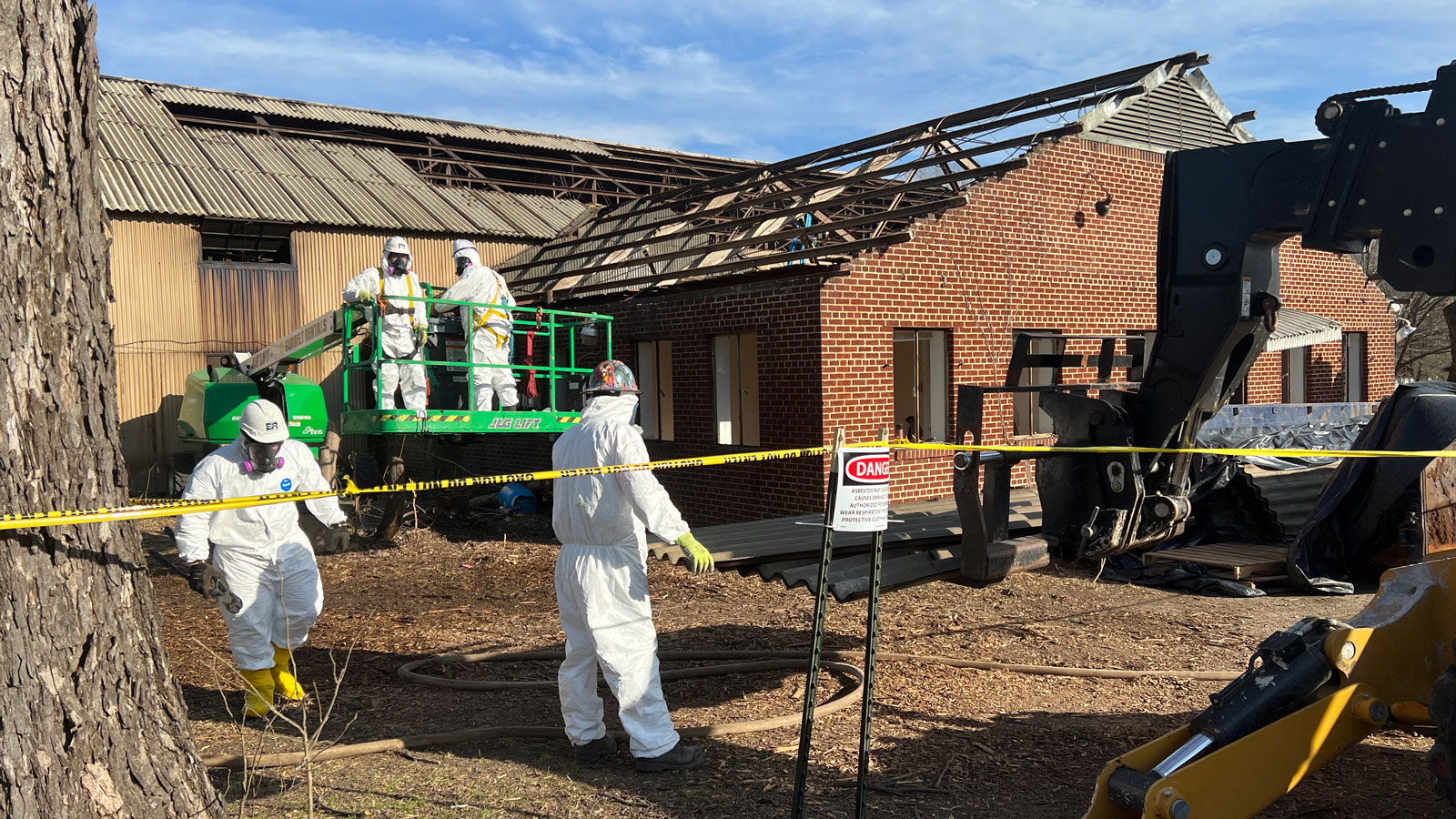
Superfund Back on Track
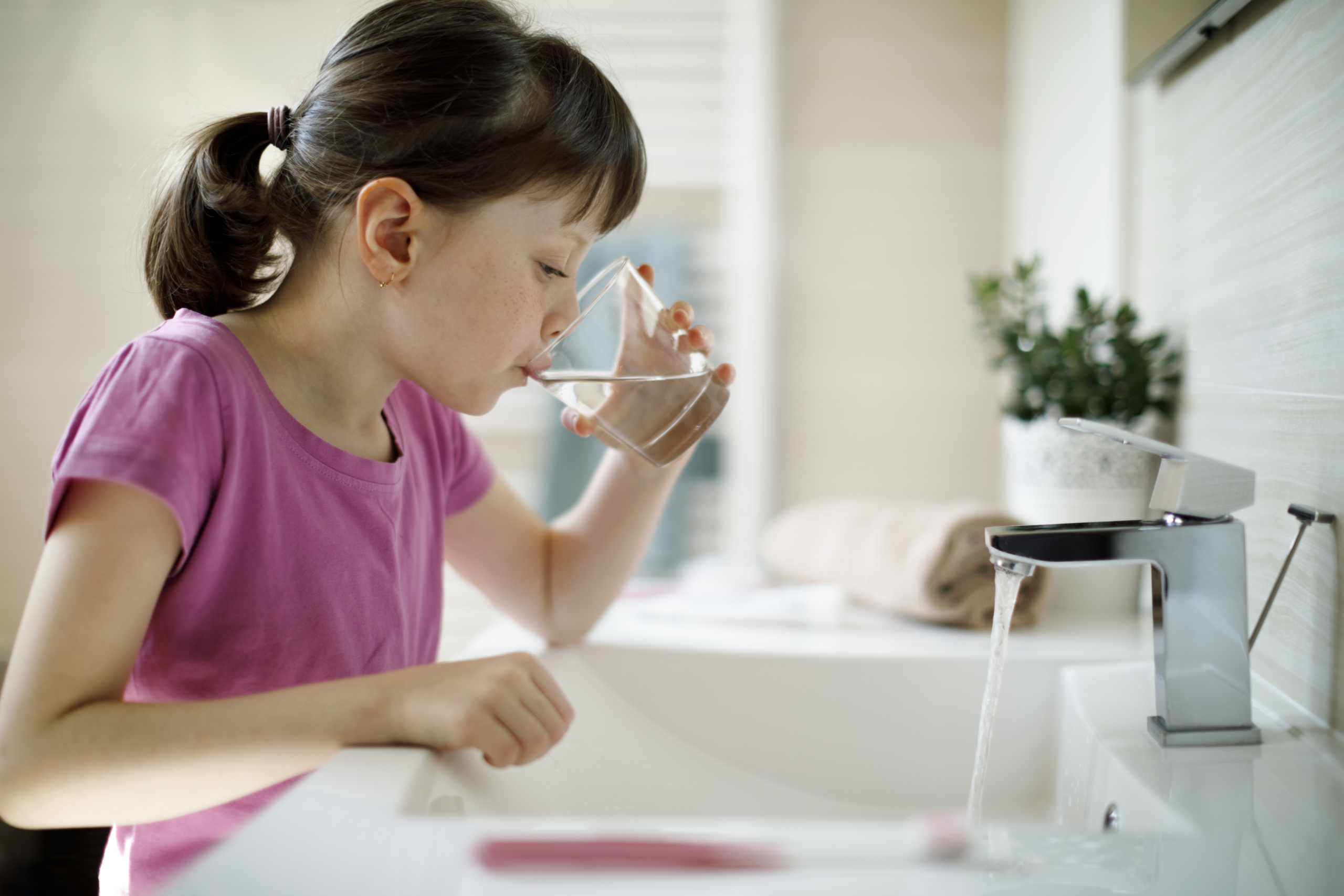
The Threat of “Forever Chemicals”
